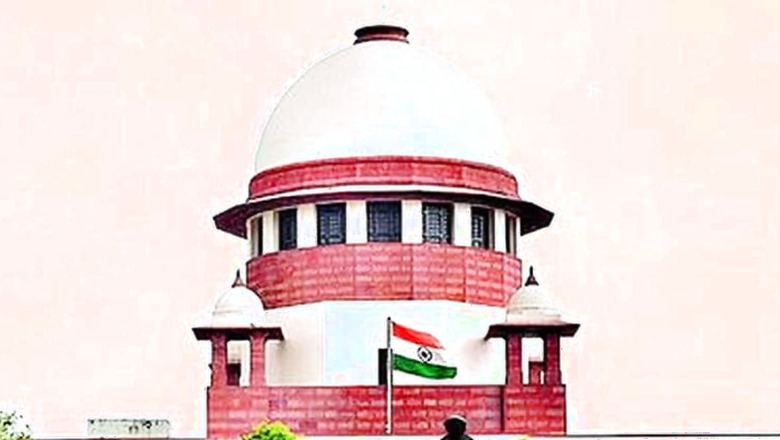
views
The news caught the media’s attention when the Waqf Board in Tamil Nadu claimed the ownership of an entire village. Various reports claim that Muslim resettlement in this area happened in 1927-28 and the Waqf Board has claimed its stake on the property of the village temple also. There have been many such instances where people who were living on a piece of property were unaware that it had been claimed by the Waqf.
The Waqf Act was initially passed by Parliament in 1954. Subsequently Waqf Act, 1995 was enacted for the purpose of better administration of Auqaf (i.e., assets donated for religious or charitable causes). However, this law has become a tool to grab assets and innocent people are harassed due to its draconian provisions. The Act empowers the Waqf Board to declare any property as Waqf property based on a survey carried out by its team. If this is not enough, section 6 specifies that the aggrieved party has to appeal to the tribunal constituted under the Act and there is a limit of one year for raising the dispute.
This legislation is drafted in such a way that it is not necessary for the Board to give notice to the person whose property is sought to be declared as Waqf property and if the aggrieved party has not litigated this within a period of one year, then he has no legal recourse! Section 40 of the Act reiterates this power of the Waqf Board and any property shall remain vested with it until revoked by the tribunal. Section 83 read along with 85 gives exclusive powers to the tribunal and parties aggrieved by the decision of the tribunal can approach the high court.
The plight of a common man can be understood when his property is declared as a Waqf asset without his knowledge and then he is expected to litigate it within a period of one year, otherwise, it is gone forever. Even if he litigates it with the tribunal, the next recourse is at the high court level, which is out of reach for most Indians. It is pertinent to note that in a matter related to Waqf Act, 1954, the Supreme Court had decided that the limitation of one year for initiating the litigation is not applicable for non-Muslims (Board of Muslim Waqf, Rajasthan versus Radha Kishan and Others, 1978), but in order to appease the Muslims, section 6 was amended in 2013, and now there is a uniform time limit of one year for all the aggrieved parties.
Rajinder Sachar (chairman of the Sachar Committee) in his 2006 report estimated the value of Waqf property at Rs 1.2 lakh crores. The board owns around six lakh acres of land. Sachar suggested a survey of Waqf properties and amendments to the Waqf Act, which were duly incorporated into law by way of amendment in 2013.
Indian history is full of bias against Hindus and nothing changed even after Independence. Jawaharlal Nehru got the Hindu Code Bill passed by Parliament but he didn’t touch the practices of other religions. Dr BR Ambedkar was in favour of a uniform civil code but Nehru insisted on changing the Hindu law only and gave liberty to others. Charitable Endowments Acts were enacted by state governments in the 1950s to manage Hindu temples but a central legislation was passed in 1954 to protect the Waqf properties.
Nehru’s legacy was continued by his successors when the Supreme Court judgement in the Shah Bano case was overruled in 1986. When the Hindus awakened their conscience for the restoration of the Ram temple at the holy site in Ayodhya, then the Congress government at the Centre implemented the Places of Worship Act, 1991. The Act intends to bar Hindus’ claims on other holy shrines that were occupied by invaders and the structures changed. Despite all this, the Congress leaders have the audacity to call themselves secular just because their actions are against the Hindus who don’t constitute a vote bank.
Secularism is often cited as the soul of our Indian constitution, but instances like this show that inherent bias against Hindus is codified in law. Myopic policies that were set in motion soon after Independence have led us to this stage where temples are managed by the government by enacting Endowment Acts but properties belonging to other religions enjoy a free run. This gross injustice has been ignored by the legislative as well as the judiciary and the sea changes made to this legislation in 2013 aggravated the problem. Manmohan Singh was of the view that minorities have the first right over national resources and this crude piece of legislation demonstrates his thought process, but now it is high time that this gets annulled by Parliament or judicial review declares the discriminative provisions as void ab initio.
The writer is a chartered accountant and public policy analyst. The views expressed in this article are those of the author and do not represent the stand of this publication.
Read all the Latest Opinion News and Breaking News here


















Comments
0 comment